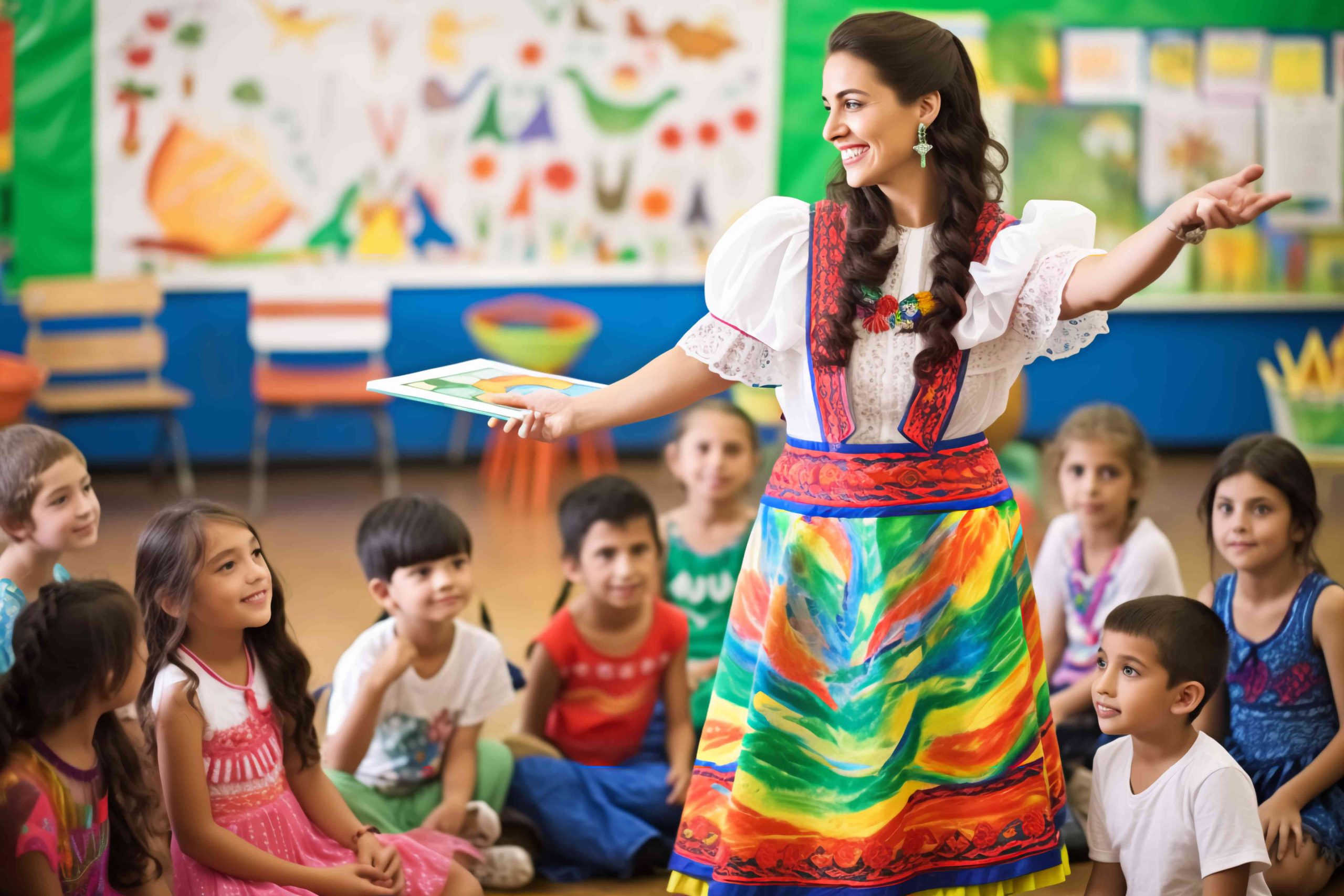
The Role of Music in Creating a Multicultural Classroom for Preschoolers
As an educator, creating a welcoming and inclusive classroom environment for preschoolers is essential. One effective method to achieve this is through the use of music. Music holds the power to facilitate teaching, learning, and celebrating diversity. In this article, we’ll delve into how music can foster a multicultural learning environment for preschoolers.
Introduction: The Importance of a Multicultural Classroom for Preschoolers
In today’s world, diversity holds greater significance than ever before. Preschoolers, as they grow, require exposure to various cultures and perspectives to cultivate empathy and respect in adulthood. The classroom serves as an ideal platform to introduce preschoolers to diverse cultures, traditions, and ways of life. By fostering a multicultural classroom, educators can nurture preschoolers’ curiosity, empathy, and understanding toward people from diverse backgrounds.
Using music in the classroom emerges as an effective means to foster multiculturalism. Music acts as a universal language that transcends age and cultural boundaries. When preschoolers engage with music from different cultures, they not only learn about the music itself but also gain insights into the people and cultures that birthed it. Moreover, music serves as a vehicle to impart lessons on diversity, inclusion, and respect to preschoolers.
Utilizing Music to Teach Preschoolers About Different Cultures
Preschoolers exhibit a natural curiosity about their surroundings. Introducing them to music from various cultures aids in expanding their understanding of diverse people, traditions, and lifestyles. For instance, in a unit about Africa, playing African music for preschoolers can stimulate discussions about the instruments, rhythms, and meanings behind the lyrics. Exposure to diverse music broadens preschoolers’ horizons and fosters appreciation for different cultures.
Harnessing Music to Promote Inclusion and Diversity
Music not only educates preschoolers about different cultures but also fosters inclusivity and diversity. When preschoolers sing songs from various cultures, they not only grasp the essence of the music but also internalize the message that differences are acceptable and everyone contributes value. For instance, teaching a traditional Hispanic song as part of a unit on Hispanic culture can instill in preschoolers the significance of diversity celebration.
Leveraging Music to Teach Preschoolers Language Skills
Music serves as an excellent tool for nurturing language skills in preschoolers. Through singing songs, preschoolers learn new words and phrases in an engaging manner. Moreover, music can be utilized to introduce preschoolers to different languages and cultures. For instance, teaching a French song while discussing its meaning, pronunciation, and cultural context enriches preschoolers’ linguistic and cultural knowledge.
Preschoolers’ unique backgrounds and experiences further highlight the importance of music in facilitating language acquisition. Additionally, music provides a fun and engaging avenue for enhancing preschoolers’ language skills, which proves beneficial for their overall development.
As educators, it’s imperative to be deliberate in selecting music for the classroom. Strive to incorporate music from diverse cultures and traditions while ensuring its suitability for preschoolers. Moreover, dedicate time to educate preschoolers about music and its cultural origins, fostering a deeper understanding and appreciation for the world around them.
Conclusion:
In conclusion, music stands as a multifaceted tool for enriching the preschool classroom environment. Its integration not only supports cognitive, social, emotional, and physical development but also promotes cultural awareness and sensitivity among preschoolers. By adopting a child-centered approach and collaborating with families and communities, educators can effectively harness the power of music to create an inclusive and enriching learning experience for preschoolers.


